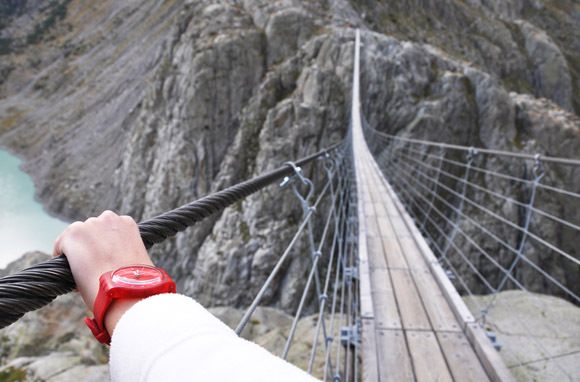I was seated in a small conference room with my leadership team and a phenomenal coach who had just facilitated my firm’s annual meeting.
We had finished the meeting debrief – you know, what worked well, what didn’t and things we should consider doing differently next year.
That’s when my normally warm and supportive colleagues decided to share a critical blind spot that they were concerned could limit both our effectiveness as an overall team and our growth.
Evidently, the broader team saw me more as a buddy than a leader.
And while that did make a certain amount of sense, since I hand-picked every member of our team for their unique skills and experiences, I heard through their words: They did not respect my leadership, my vision, and what I was asking of them as much as they needed to.
That particular feedback stung big-time…
…likely because it touched a very raw nerve for me.
I grew up in a super entrepreneurial family where leadership was proven every hour of every day, rather than being bestowed as the result of a title.
My very people-pleasing approach to earning that leadership respect was strongly rooted in a warm and collegial approach, where true connection always came first.
And now I was learning from my most trusted colleagues that this could actually be my biggest downfall.
I felt raw and suddenly very claustrophobic.
I quickly surmised that running out the room to lick my wounds was not an option.
So I sat there quietly for a few moments.
And then I asked them a question: Why exactly do you think I can do this; why do you think I can become the leader the team needs me to be?
Their responses were the absolute perfect context I needed to absorb and digest the tough stuff.
Here’s some of what they told me:
- Our team is drawn to you.
- The way you ask questions encourages free and open dialogue and puts people at ease.
- You haven’t surrounded yourself with yes-men and that demonstrates confidence.
These attributes they carefully and thoughtfully listed provided me with the handrails I needed to look more closely at the blind spot.
I have never forgotten that conversation, which could have gone in so many more awkward directions.
I even keep my notes from that day close by, even though it’s been years since I worked with those folks.
As I have turned my focus to coaching leaders, I always strive to point out their unique and meaningful strengths before I shine the light on what might be derailing them.
I do that not to be nice, rather, to provide them with the solid ground we all need to examine our flaws with curiosity and vulnerability.
If you are caught off-guard by super challenging feedback, do what I did:
- Take a couple of nice deep breaths to steady yourself.
- And then ask something like: What am I doing when I’m at my absolute best?
The tricky thing about mirrors is that they tend to show everything – not just the things we’re looking for.
And by the way, I am still quite warm and friendly with those who work with and for me — AND I have become so much more effective in giving direction and feedback since that difficult day 10 years ago!





